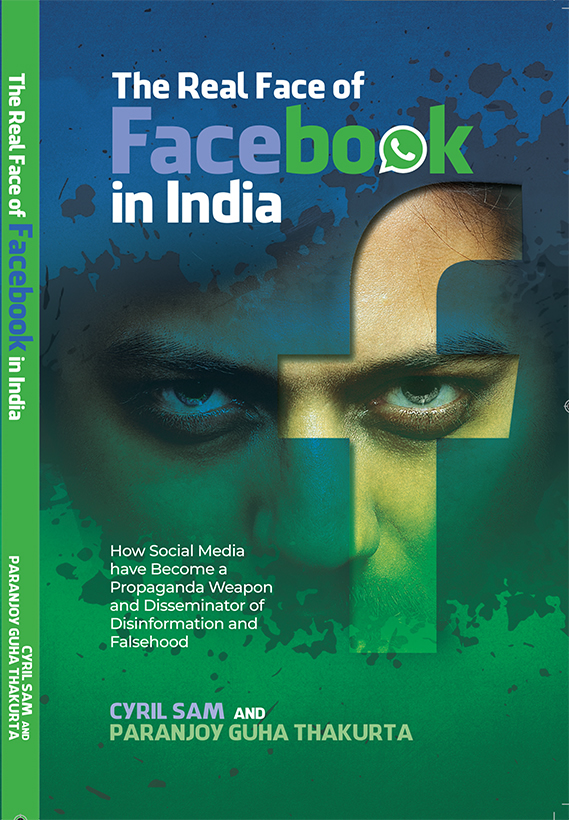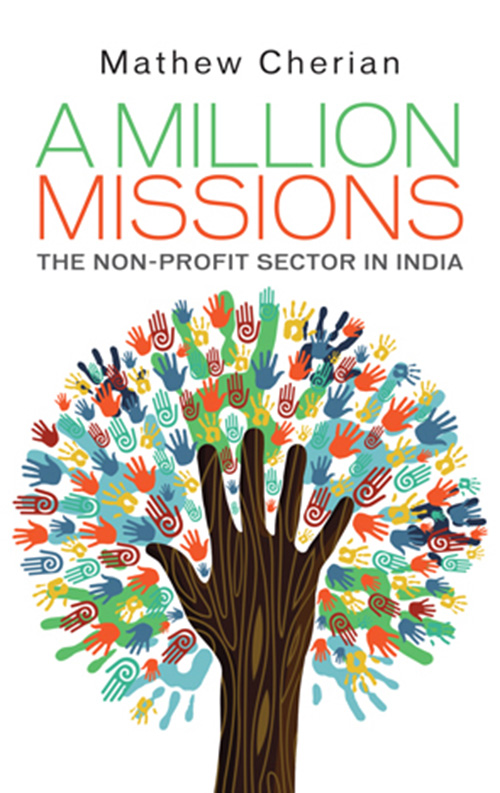The outcome of the elections to the Karnataka legislative assembly has predictably led to euphoria in the Congress and other political parties opposed to the Bharatiya Janata Party. Some have gone to the extent of arguing that Saturday’s results signify the beginning of the end of the authoritarian rule of Prime Minister Narendra Modi. It would be premature to jump to such a conclusion. The next Lok Sabha elections are ten months away. Much could happen in this period.
Still, Karnataka is significant because it was the first state in south India in which the BJP has been ruling intermittently over the last decade and a half. However, to argue that the entire southern part of the country has become BJP-mukt would be a fallacy even if the party is not in power in none of the five states in south India. Andhra Pradesh Chief Minister Y S Jaganmohan Reddy is unlikely to ditch the BJP in a hurry if that is his best insurance policy to stay out of jail – somewhat analogous to the current position of former Chief Minister of Uttar Pradesh Mayawati.
Will the electorates, not just that of Karnataka, but those of Rajasthan, Madhya Pradesh, Chhattisgarh, and Odisha (where elections would take place with the 2024 general elections) as well, vote differently in the Vidhan Sabha and the Lok Sabha elections? Will 2018-2019 be repeated in these four states? Are so-called local issues very different from what are supposed to be national issues? There are no easy answers to these questions. If, however, the answers are in the negative, then Modi will probably not serve a third term as PM.
What Karnataka has shown is that Modi is not only vincible, but that there are limits to the extent to which Islamophobia can be wielded as a political weapon to “consolidate” the Hindu vote and demonise minorities. The issues relating to wearing the hijab, how to kill goats, love jihad, the misuse of historical and mythological figures from Tipu Sultan to Hanuman, and Modi’s personal campaigning in Bengaluru, may have helped prevent the BJP from sinking further and ensuring that its vote share did not fall below one-third. But it could not win. However, the same issues that failed to influence voters in Karnataka may still work for the BJP in Uttar Pradesh (with 80 out of the 254 seats in the Lok Sabha) and Maharashtra (68 seats).
Large sections of the upper classes in India’s information technology capital, ensconced as they are in the comfort of their gated colonies, stood with the BJP even as rural Karnataka voted differently. In terms of not just economic classes, the state proved wrong many pundits who look at politics mainly through the prism of caste configurations. Then, all those who claimed that corruption is not an important issue for ordinary citizens should eat their words. Further, the outcome of the Karnataka elections also indicates that money power cannot influence voter preferences beyond a point. This was demonstrated in West Bengal in 2021. The simple lesson from the two states: even if political leaders don’t come together, the people will.
The last few months have seen representatives of the ruling regime in New Delhi, blinded by arrogance, commit a series of blunders. Here’s an incomplete list: banning the BBC documentaries and then sending the tax authorities after the organisation; maintaining silence on the allegations raised about the working of Gautam Adani’s corporate conglomerate; censoring Rahul Gandhi’s speech in the records of the Lok Sabha; putting Delhi’s Deputy Chief Minister in jail; pretending to ignore the contentions made by former Jammu & Kashmir Governor Satyapal Malik on the Pulwama episode that took place in February 2019 before the general elections; and the laughable attempts made to dissuade people from watching the film Pathaan starring Shah Rukh Khan and Deepika Padukone (contributing to it becoming a huge money-spinner).
All these instances point towards the hubris of the BJP contributing to its stupidity. Yes, Rahul Gandhi’s long walk was a game-changer. But the Congress too must become humble and learn to sacrifice to accommodate the interests of regional parties like the Samajwadi Party, the Aam Aadmi Party, and the Trinamool Congress. Only then can one hope that there be a semblance of Opposition unity in the run-up to the next general elections. Is this too far-fetched? Much could happen between now and then, including small wars and Hindu-Muslim riots.
If a week is a long time in politics, eight months is an era.


